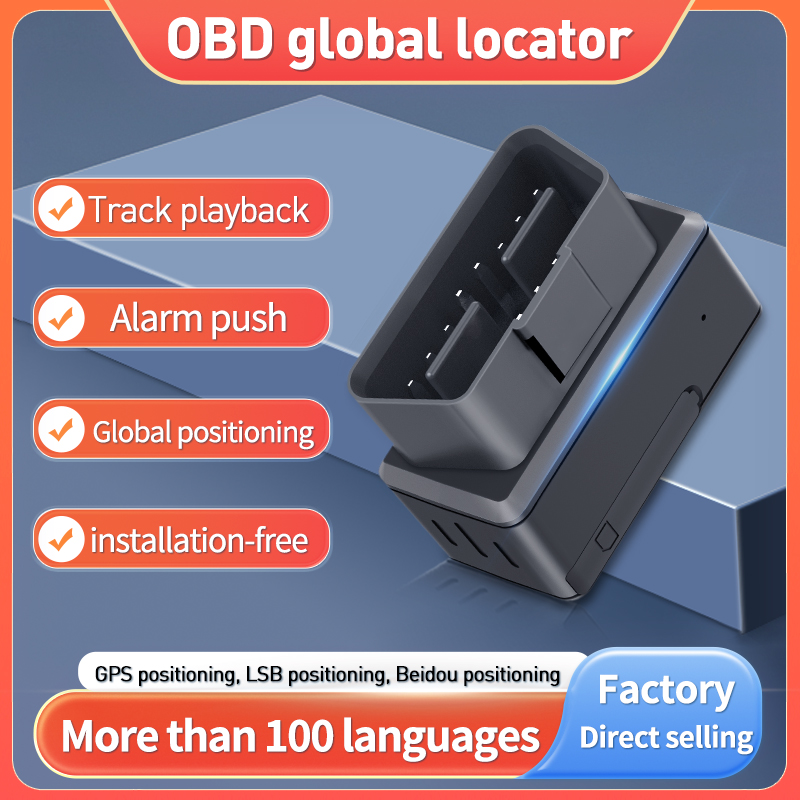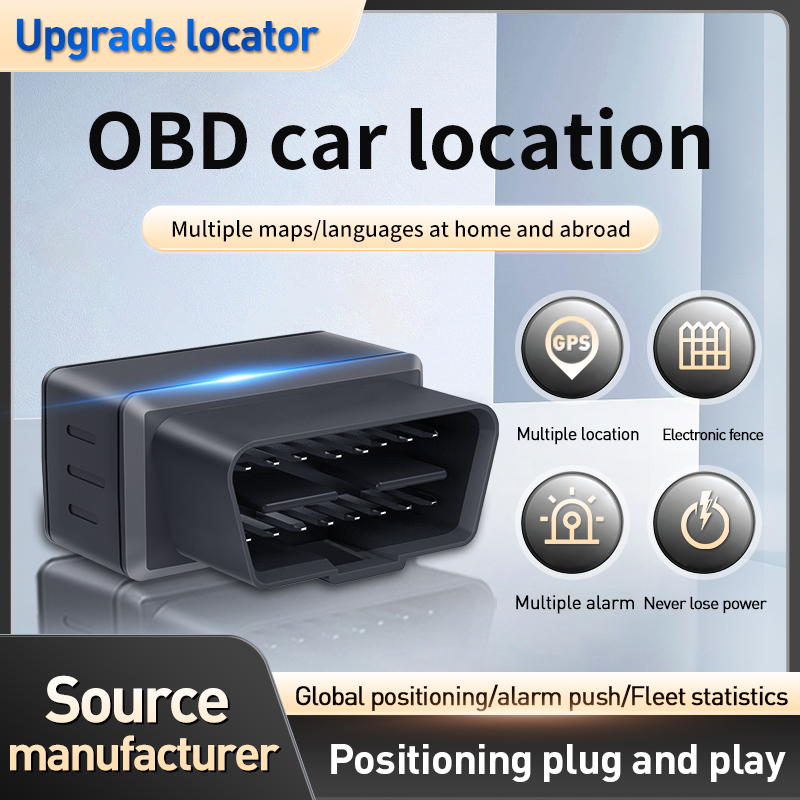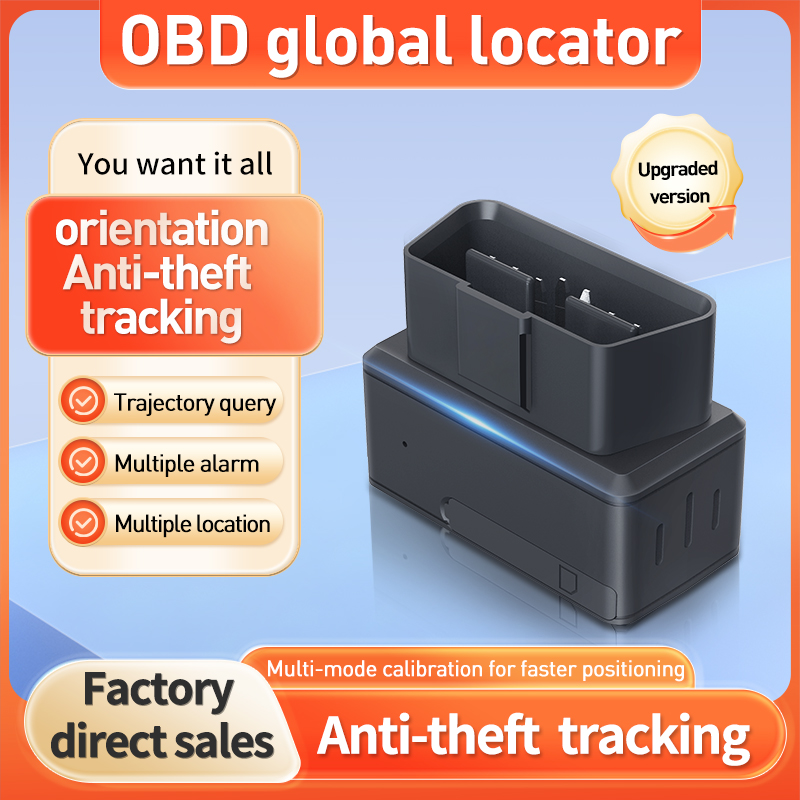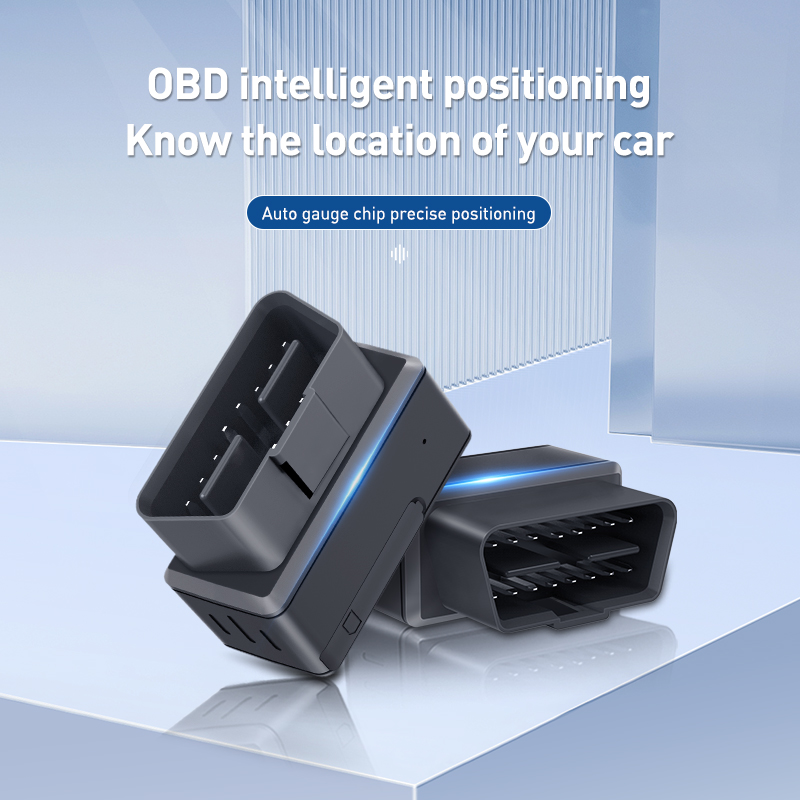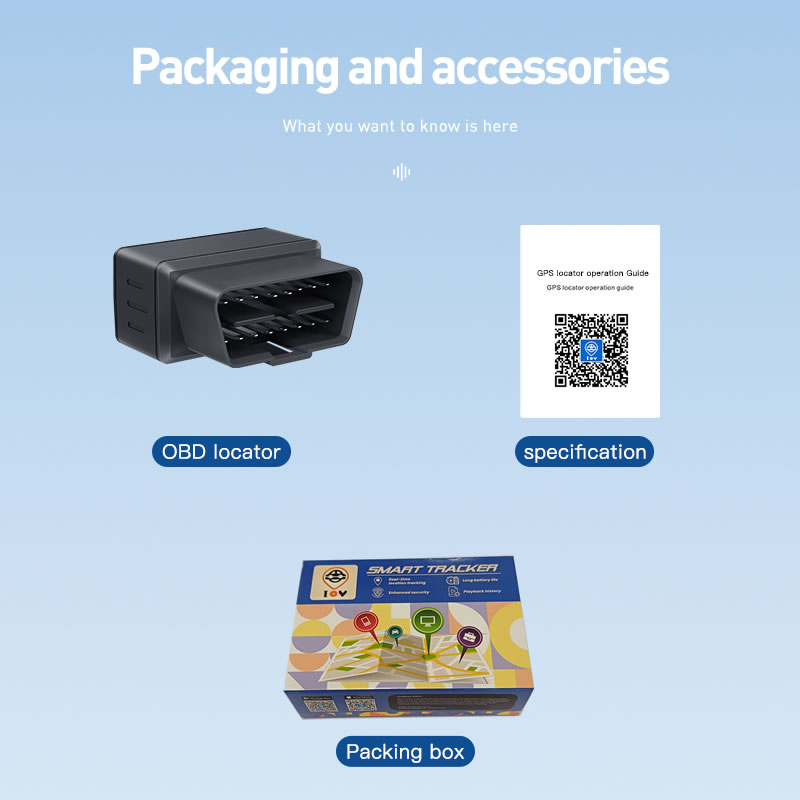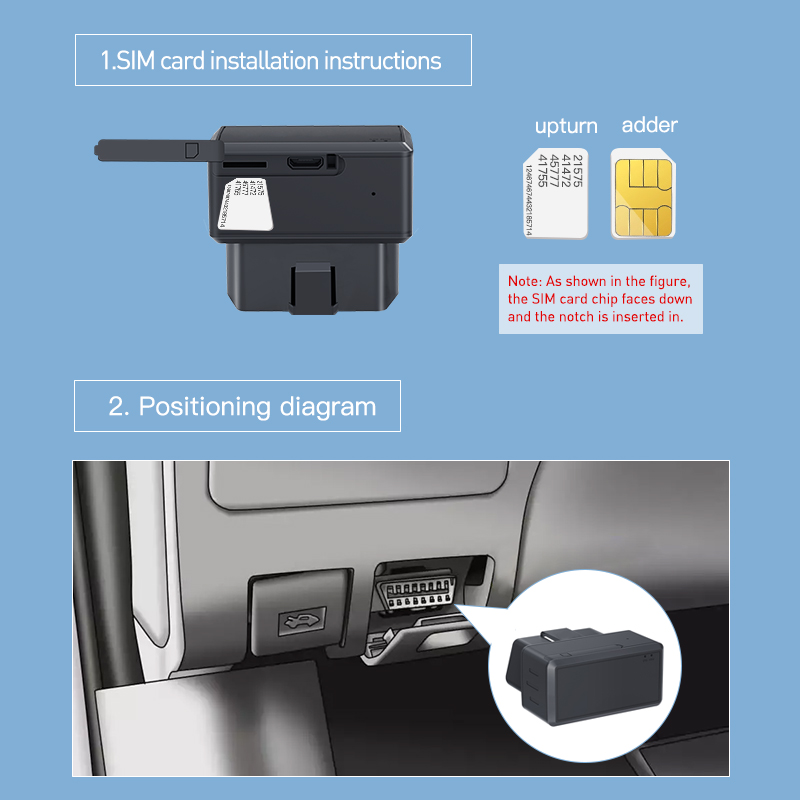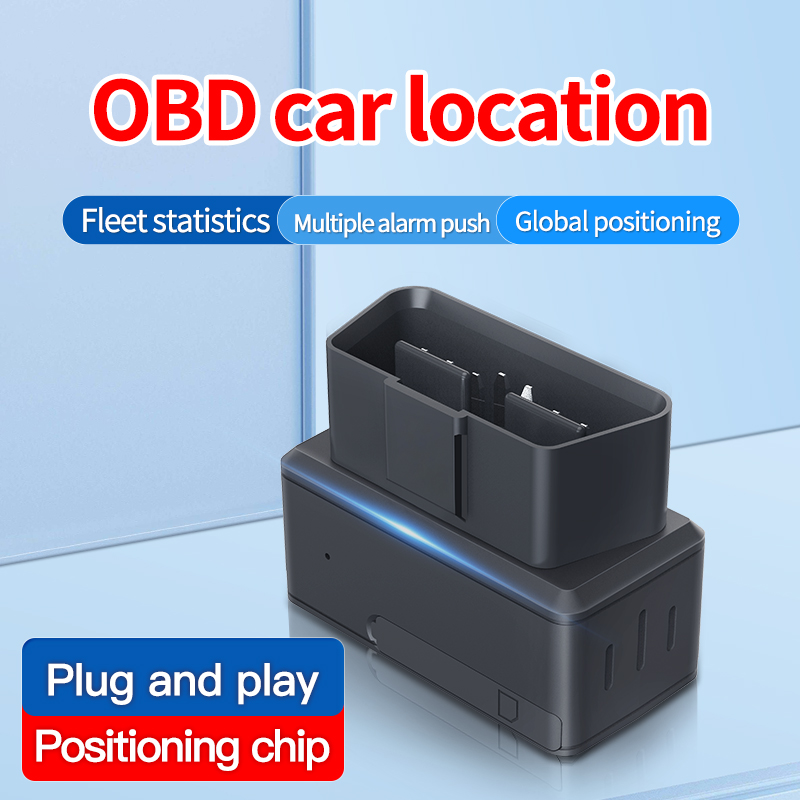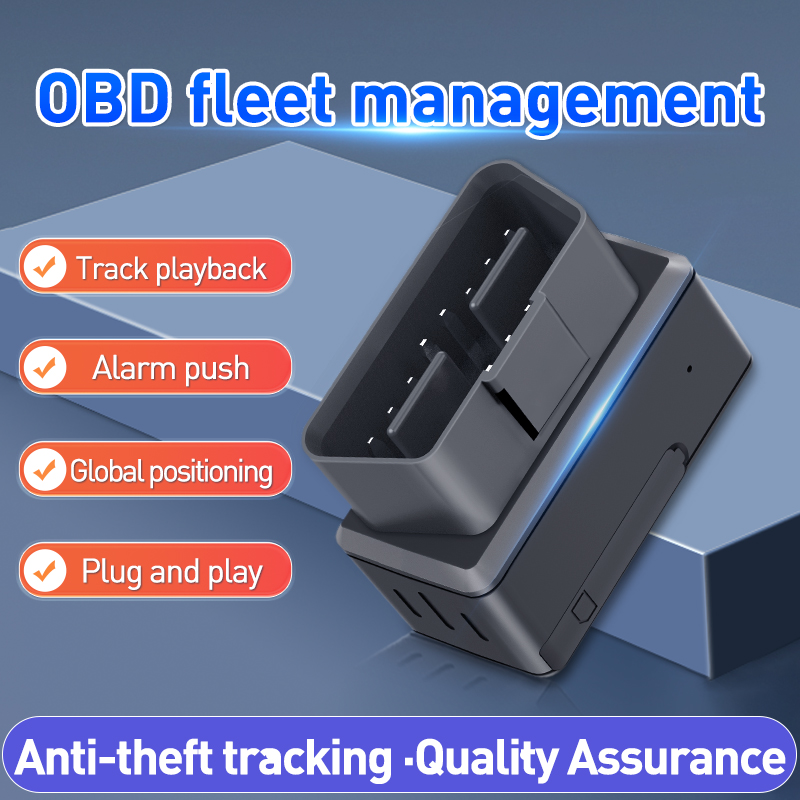Product Category
[ O1 ] GPS Tracker
Product Detail
Real-Time Tracking: GPS integration allows for real-time location tracking of vehicles, which can be useful for fleet management or personal vehicle monitoring.
Diagnostic Data: These systems can read OBD-II codes, providing insights into engine performance, trouble codes, and other critical metrics directly from the vehicle's computer.
Geofencing: You can set up virtual boundaries to receive alerts when a vehicle enters or leaves a designated area.
Speed Monitoring: Monitor the speed of the vehicle and receive alerts for over-speeding, which can be beneficial for safety and insurance purposes.
Maintenance Alerts: Based on diagnostic data, these systems can alert users to upcoming maintenance needs, helping to prevent issues before they arise.
Driver Behavior Analysis: Some systems analyze driving patterns, offering insights into habits like harsh braking or rapid acceleration.
Emergency Response: In case of an accident, GPS can provide location data to emergency responders, improving response times.
Applications:- Fleet Management: Businesses can monitor their vehicles for efficiency, maintenance, and driver behavior.
- Personal Vehicle Tracking: Individuals can keep track of their vehicles for theft recovery or family monitoring.
- Insurance Tracking: Some insurance companies offer discounts for using devices that monitor driving behavior.


